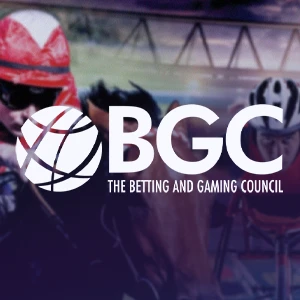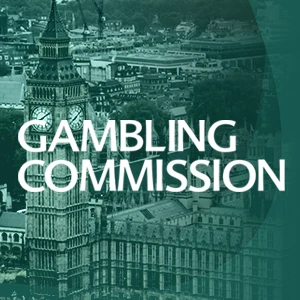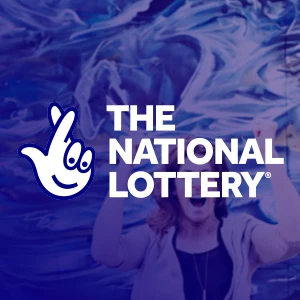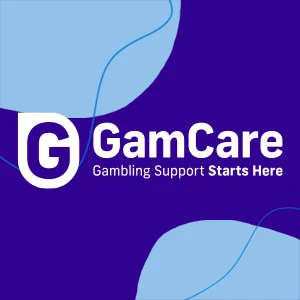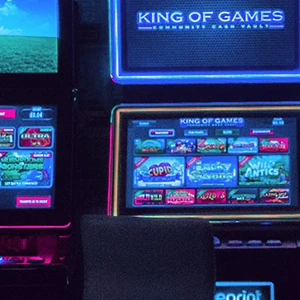Is gambling advertising as influential as we think?

Gambling advertising is a perennial hot topic, forever high on the agenda of regulators and lawmakers alike. At the same time, industry strives to protect its ability to advertise, as an important means of driving new leads and encouraging repeat business. At its core, concerns abound that advertising encourages vulnerable gamblers and problem gamblers, as well as unduly influencing young audiences. But for operators, advertising remains a vital part of their marketing arsenal, with all the knock-on implications that help drive business success.
But is gambling advertising really as influential as we think? To what extent do advertising promotions and direct ads actually drive gambling behaviour, and would gamblers or the gambling industry suffer in a much more regulated environment?
Gambling advertising as a cause for concern
One of the most prominent concerns around gambling advertising in recent times is the impact on young people. The Gambling Commission has expressed concern in particular around gambling advertising on social media, particularly partnerships with influencers where gambling advertising could be inadvertently reaching young or underage audiences.
the rules. Gambling advertising must now not appear in media for children or young people, or where children and young people make up a significant proportion of the audience – defined as greater than 25%. This is ordinarily straightforward as gambling ads are not allowed to appear on kids TV, for example, or in media that targets teenage and young adult audiences. But the lines become blurred around areas such as football clubs and their players on social media. Where the demographic makeup of followers is not immediately clear, promotions of this kind could be said to have unacceptable levels of visibility to younger crowds.
There have also been concerns around betting adverts in proximity to sports. Showing gambling ads during and around football matches, for example, is now regulated by guidelines determining when and how these ads can be shown. In the past Sky would allow real-time odds to be reflected during ad breaks at half-time, or ahead of the start of televised football matches. Advisory rules around live sports broadcast now stipulate that pre-watershed, adverts can only be shown outside a 5 minute window before and after football. The first betting ads after a match will only be shown in the second ad break after the final whistle.
The rules, guidance and directives around gambling advertising are constantly in a state of flux – so much so that broadcasters and media outlets tend to err on the side of caution. At present, broadcasters will avoid running gambling ads during halftime to avoid accidentally breaching the 5 minute rule either side. It has become a greater challenge with the advent of VAR and increased, albeit variable, amounts of injury time – making it increasingly difficult to call timings with any precision.
But is this overkill, and do gambling adverts and promotions really have the impact regulators fear in encouraging irresponsible betting and gambling behaviour?
How influential is advertising?
Volumes of research have been commissioned into the effectiveness of gambling advertising, by parties on both sides of the fence. In Australia – a market with many similarities to the UK – research commissioned by the Australian Institute of Family Studies suggested a strong link between gambling advertising and riskier gambling behaviours, finding that of those vulnerable to gambling harms, “41% reported trying a new form of betting, and 40% bet on impulse, as a result of seeing or hearing betting advertisements".
Dr Rebecca Jenkinson, Executive Manager of the Australian Gambling Research Centre was unequivocal in her view of the link:
“We know the harms that gambling causes - at an individual, family, and societal level – including impacts on finances, relationships, and health and wellbeing. This research shows that exposure to wagering advertising is leading to riskier betting behaviour and escalating the likelihood of experiencing gambling harms.”
But while research suggests gambling advertising impacts on behaviours, with younger and vulnerable people more prone to being influenced, industry groups remain unconvinced.
The Betting and Gaming Council, which represents the UK gambling industry, recently published its Seventh Industry Code for Socially Responsible Advertising, setting out guidelines for its members. In recognising the need to protect vulnerable customers, Michael Dugher, CEO of the BGC said it was about finding the right balance between the freedom for operators to engage and marketing and protecting those most at risk.
“It is about ensuring that customers use safer gambling tools and… helping the minority of gamblers who might be struggling with their betting and gaming.”
My verdict on gambling advertising
There is no doubt that gambling advertising works and it’s one of the main ways operators drive revenues and growth. But it is very much a grey area as to whether customers are being driven to bet on impulse from seeing advertising, or whether it's more a question of raising brand awareness. A gambler, drinker or smoker is unlikely to be triggered to act by seeing an advert, sponsorship ident or a logo on a shirt, but they may become more aware of a particular brand, and develop a level of familiarity that ultimately leads to a general uptick in business.
In the end, regardless of effectiveness, there is a need to strike a balance between the interests of regulators and the needs of industry to find the optimum state of regulation over gambling ads.

